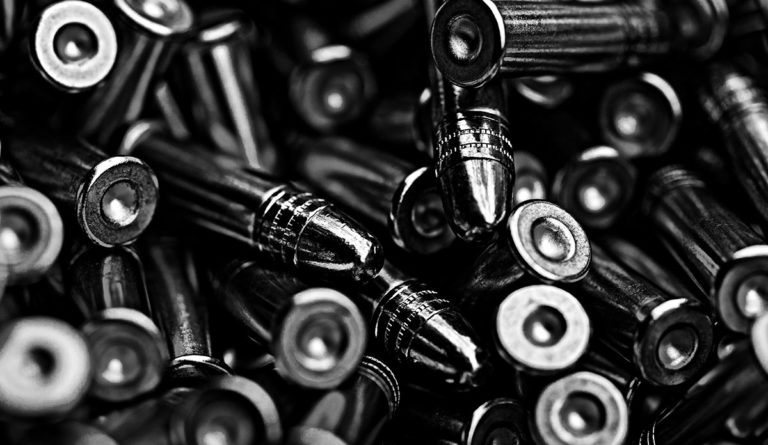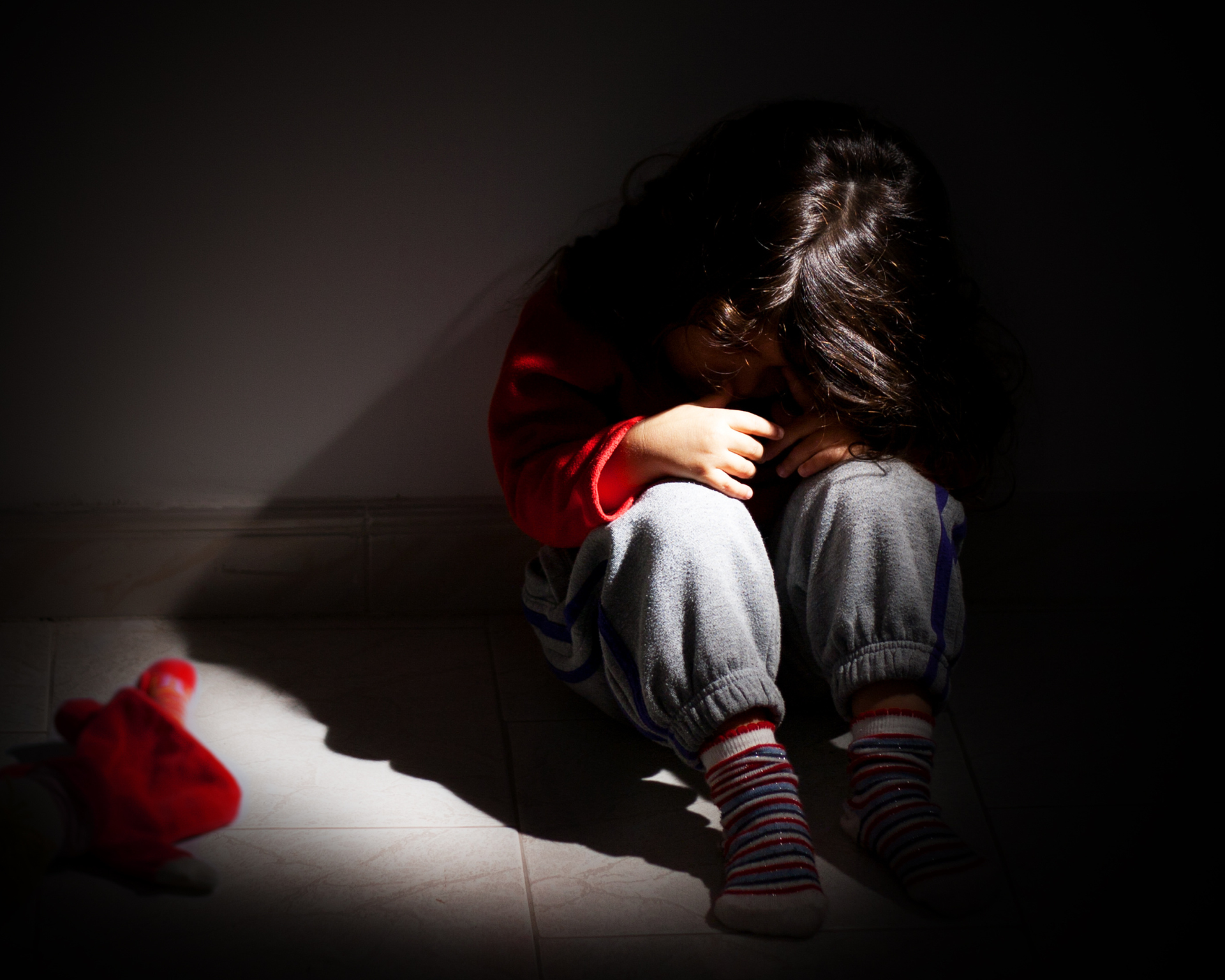Mental Health of Gun Owners' Children
Children who live in homes with access to firearms are at risk of homicide, suicide, and gun-related accidents. Little is known about mental health effects.

Read Time: 4 minutes
Published:
American youth grow up with the highest gun ownership rate in the world and have greater access to guns at home than any other country. One third of US households with children under age 18 are reported to have firearms. And 40% of adolescents living in a household with a firearm say that they have easy access to guns at home. One fifth of gun owners with children under 18 store a gun loaded. More than one third store their gun unlocked. And 1 in 10 store their gun loaded and unlocked.
Most gun owners possess a gun to protect their families, but that very form of protection can harm their children’s health and well-being. For example, children who live in a home where they have easy access to firearms are at risk of homicide, suicide, and gun-related accidents. Relatively little is known about potential mental health consequences for these children. Using data from the National Longitudinal Study of Adolescent to Adult Health (Add Health), I conducted a study to investigate how easy access to guns at home affects the psychological well-being of the children of gun owners.
I found that gaining access to guns at home was significantly related to increased depressive symptoms among children of gun owners. How large is the effect? The changes in depression by removing access to guns at home are similar to the effect of receiving youth depression psychotherapy. In terms of future earning potential, the loss of income caused by depression due to living in a home with a firearm is similar to losing a year of college education.
We all know that reduced household gun ownership levels should improve physical health by reducing the numbers of suicides, homicides, and accidental gun deaths. My findings suggest that it might also enhance the mental health of girls in the household.
I also found that easy access to a gun at home is especially harmful for girls’ mental health. Why are women more affected? It can be due to the gender differences in perceptions of safety and attitudes toward firearm. Oftentimes, men are more likely to be the gun owners and users, but women are more inclined to describe firearms as a threat to safety. Similarly, women do not believe that gun ownership can reduce their fears of crime and victimization. It is thus not surprising that, as found in my study, adolescent girls may have different psychological responses to a gun in the home than adolescent boys.
One mechanism linking in-home firearm access to adolescent depression may be through shifts in the perception of safety in public, especially in the school. In-home firearm access may increase the adolescent’s beliefs about the number of classmates taking guns to school. This may in turn make them feel less safe in school because they are concerned about gun crime and violence, gun accidents, and mass shootings. This is consistent with other studies of “weapons effects“. Mere exposure to weapons can increase hostile appraisals (e.g., perceiving ambiguous actions by others as aggression).
This mechanism may resonate more with female adolescents than their male counterparts due to stark gender differences in attitudes about and behaviors concerning guns. This idea was generally supported by my finding that access to household firearms is negatively associated with perceived school safety only for girls.
We all know that reduced household gun ownership levels should improve physical health by reducing the numbers of suicides, homicides, and accidental gun deaths. My findings suggest that it might also enhance the mental health of girls in the household.
School security and educational programs may reduce student anxiety about safety in the classroom, hallways, and playgrounds. But such programs don’t address the unease associated with the presence of guns in the home. If parents make more informed decisions about gun ownership and storage, we could reduce national gun-related public health problems.
Photo by Mitya Ivanov on Unsplash



